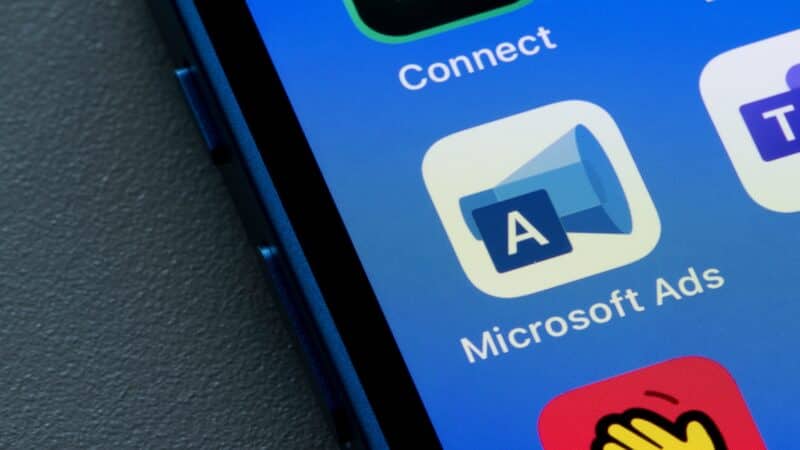
Safeguarding Against Phishing: A Growing Threat to Microsoft Advertising Accounts
In an era where digital marketing is paramount, the sophistication of phishing scams has reached unprecedented levels. Recently, a troubling trend has emerged, targeting Microsoft Advertising accounts through deceptive Google Search ads. This sophisticated scheme not only mimics legitimate services but employs a range of cybercriminal tactics to steal users’ login credentials. Understanding these threats is crucial for all digital marketers and businesses engaging in online advertising.
Cybercriminals behind this campaign have meticulously crafted Google ads that appear legitimate, successfully luring unsuspecting users into their traps. Techniques such as cloaking—where the ad displayed differs from the actual site to evade detection—are used in tandem with services like Cloudflare to add a veneer of legitimacy. Furthermore, these phishing pages closely replicate Microsoft’s official login interface, increasing the likelihood that users will fall victim to these scams. Over the years, this multi-faceted approach has made it increasingly challenging for security measures to keep pace with such evolving threats.
The repercussions of compromised Microsoft Advertising accounts cannot be understated. Businesses risk substantial financial loss, along with damage to their reputation and marketing operations. The article emphasizes the importance of vigilance among advertisers by advocating for practices such as verifying URLs before entering credentials, enabling two-factor authentication, and regularly monitoring advertising accounts for suspicious activity. Reporting any anomalies should be standard practice in every marketer’s toolkit.
Moreover, the phishing infrastructure involved in this operation spans multiple countries and platforms, underlining the global nature of this issue. Investigations by cybersecurity firms are ongoing, seeking to unravel the broader implications and methods used by these sophisticated cybercriminals. It is evident that, as online advertising continues to evolve, so too do the tactics employed by malicious actors.
Interestingly, the threat of phishing scams intersects with the use of URL shorteners and link management tools. By utilizing customized domain shorteners or link management services, advertisers can streamline their campaigns while reducing the risk of being targeted. Implementing comprehensive link-shortening strategies not only enhances marketing performance but also transforms how URLs are perceived—offering an extra layer of security when trusted services are employed. Tools such as BitIgniter and LinksGPT are pivotal in this domain, empowering marketers to maintain a secure and efficient digital presence while executing effective campaigns.
In summary, as digital marketing landscapes become increasingly intricate, the importance of robust cybersecurity practices becomes paramount. The combination of advanced phishing techniques and appropriate URL management strategies can fortify the defenses of Microsoft Advertising accounts while ensuring that businesses thrive in a secure environment. Marketers must remain alert and proactive, continuously adapting to safeguard their investments against such digital threats.
Hashtags: #BitIgniter #LinksGPT #UrlExpander #UrlShortener #DigitalMarketing #Cybersecurity
想了解更多: 在这里阅读更多

